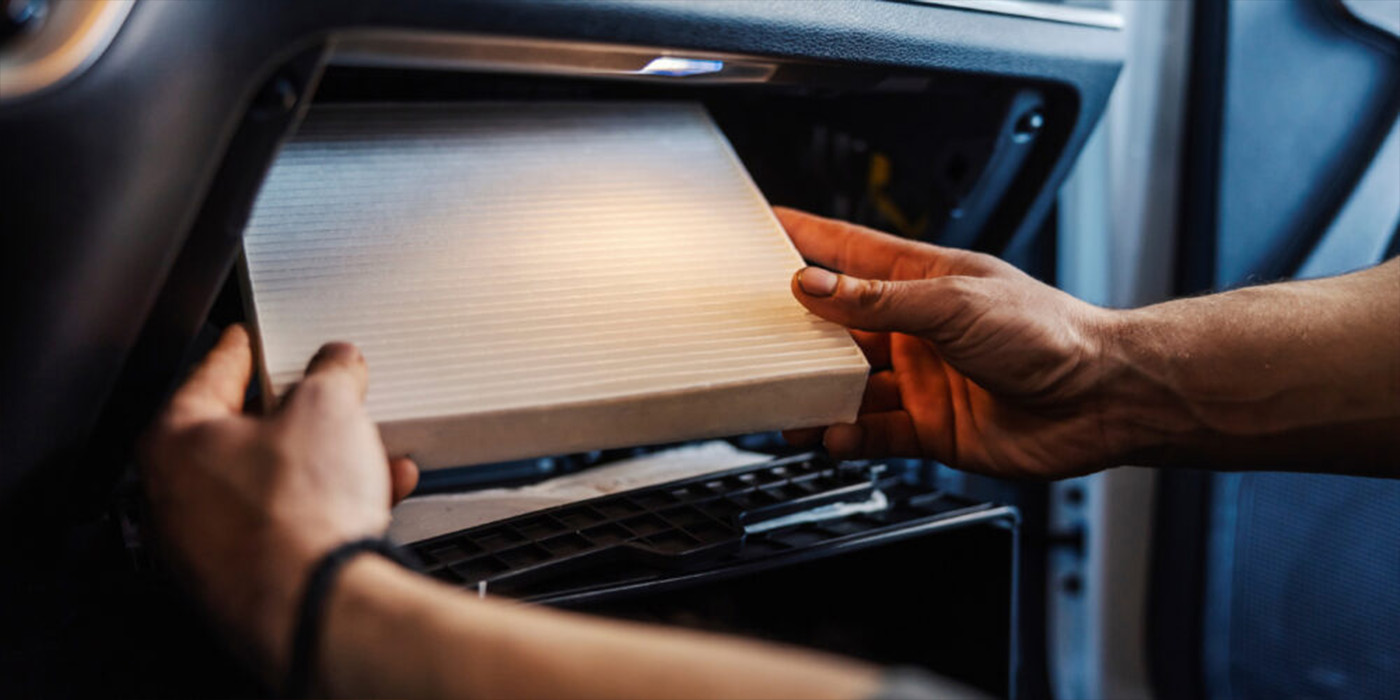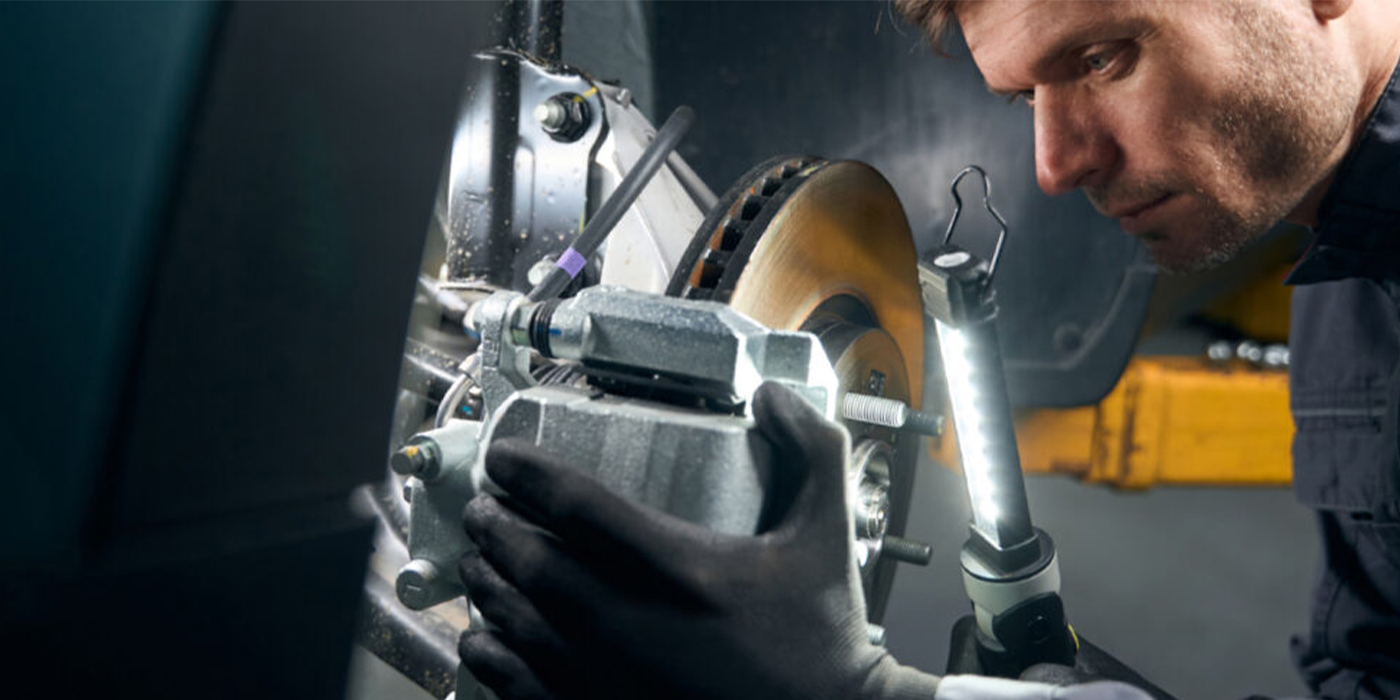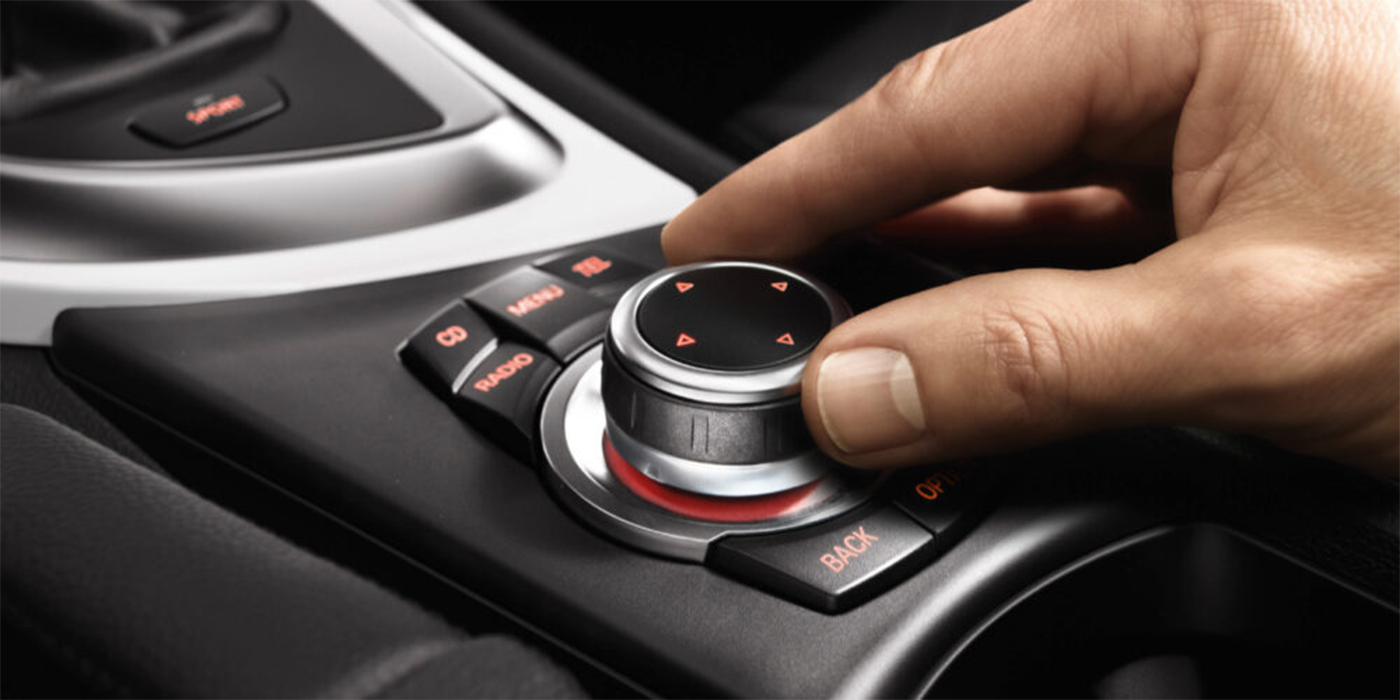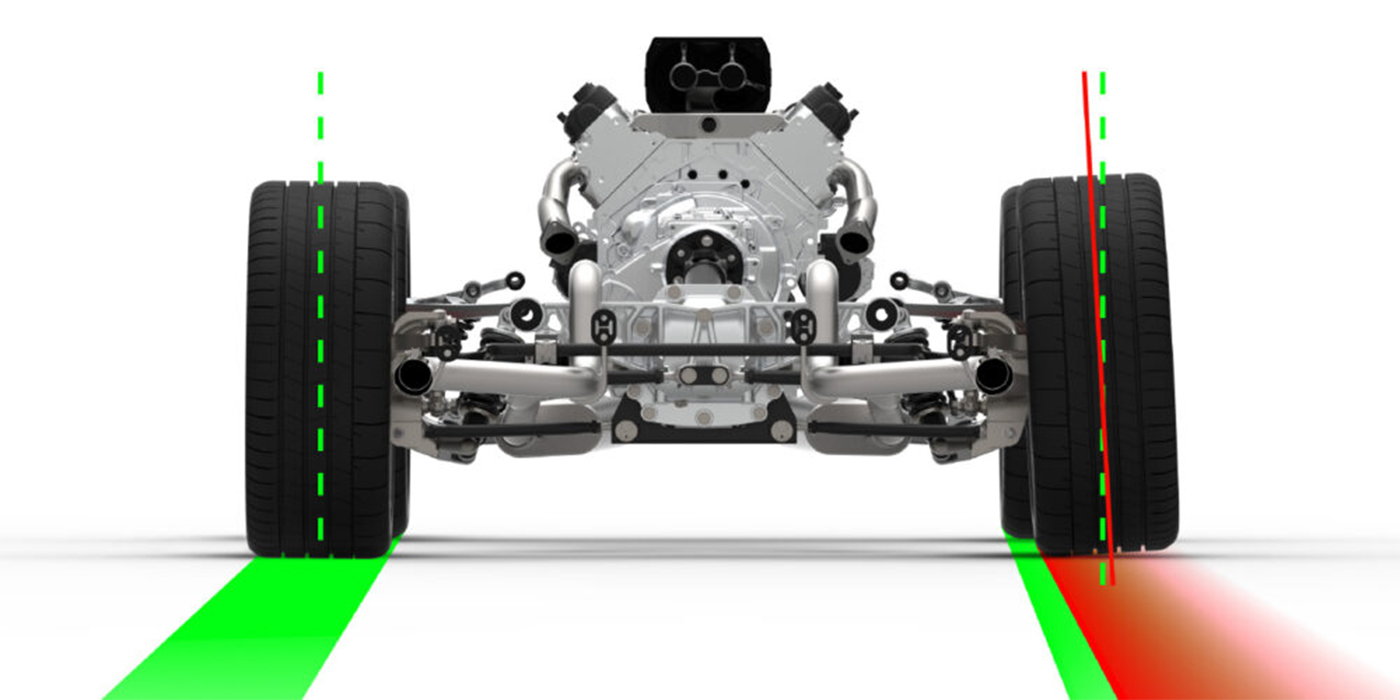By Steve Ferrante, CEO, Sale Away LLC
There’s a lot of talk about the importance of providing quality customer service and superior customer experiences to improve customer loyalty and sales. In fact, these topics are the primary elements of my training and consulting practice for the tire and auto service industry.
On the flip side, there’s relatively little dialogue about the aspects that turn customers off, harm customer relationships and can ultimately have customers not only leave your business for a competitor, but do so while complaining about your business to everyone with whom they come into contact.
Allow me to provide you with a very personal experience. Not long ago I returned home from a family vacation in sunny San Diego. I didn’t know (or expect) it going in, but left with plenty of examples of what not to do when providing proper customer service.
First, please know I’m removing the name of the resort we stayed at because this is not intended to slam them directly, but rather learn from their mistakes and ensure you’re not doing the same at your auto service business.

First Class Experience?
First of all, this was not a bargain basement motor lodge. It was a high-end, “luxury resort” that advertises “first-class” vacation experiences. Sounds wonderful, let’s go!
Traveling with another family, we required two separate rooms. Using a special credit card promotion, I was able to secure a desirable “free room upgrade,” with a favorable savings of $50 per night.
On the online reservation return receipt, I noticed that room upgrades are “based on availability,” so I promptly called the hotel for clarification and was told to call back a week before traveling and they could reserve the room upgrades at that time.
Enter Patsy. Patsy and I had a wonderful conversation, and she was most helpful saying that my room upgrades were “all set” and would be waiting for us when we got there.
So we got there and, lo and behold, found that was only half true. Seems only one room was available, the other was not. Not particularly good news and not what we were expecting. I explained my previous “all set” call with Patsy. The reply from the front desk was: “Patsy is in reservations, she doesn’t upgrade rooms.”
Let me see if I have this straight — Patsy is in reservations and she doesn’t manage reservations?
You would think the person most empowered to manage reservations would be the person whose job it is to interact with customers on their reservations line, right? Evidently, wrong. So much for being “all set.”
Lesson 1: Be accountable. A big part of delivering great customer service is assuming responsibility and standing behind your commitments. Auto service professionals already have their work cut out for them to gain customers’ trust. Broken commitments are a warning sign of mistrust that can seriously jeopardize the health of a customer relationship.
Also, if you empower employees to do a job, allow them the opportunity to do that job. Patsy was told she was in charge of reservations, but wasn’t permitted to do that job, creating an unnecessary problem for customers.
You will never see this type of “it’s not her job” finger-pointing at the elite customer service establishments. They focus on making it right for the external customer, not on who made it wrong internally.
In any event, it’s up to the service provider to take ownership of each customer’s transaction and see to it that they are well taken care of from start to finish.
Looking to Eat
Now in the room, we realize there’s no silverware, glasses, plates or any other utensils in our kitchen. So, I called the front desk. Remarkably, the first response was “many guests bring these household items with them.” We traveled across the country from Boston to San Diego with two kids and four suitcases. Did they actually expect us to pack our kitchen items as well?
Lesson 2: Never make your customer feel like they did something wrong. When a customer feels like they’re being accused of wrongdoing, they typically get defensive, annoyed and uncomfortable. Obviously, these are not the best emotions for positive customer relations. Never make the issue, the issue. Focus instead on what you can do to help the customer.
Done properly, the front desk staff should have replied with something like, “I’m sorry to hear that, we should have asked you upon making your reservation if you would like us to supply the kitchen with these items; I’ll see that this gets taken care of right away.”
Continuing Saga
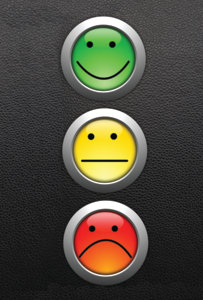
Amazingly, after that call no kitchen utensils were delivered. A few hours later, I called the front desk again. Each time, the staff member on the other end of the line was polite, helpful sounding and ensured us it would be taken care of in short order. But nothing happened. The next morning, while staring at our dry cereal, we decided to physically go to the front desk. Once again, the smiling staff member entered the information into “the system” and ensured us that the utensils would be sent up right away.
When nothing materialized, a few hours later I made a “last call,” to make it clear that we were beyond displeased, had no faith in anything they said to us and asked which manager to speak with if nothing happened after that call either. That’s all it took to get some kitchen utensils at this “luxury resort.”
Lesson 3: It’s not what you say, it’s what you do. The old adage is true: Actions speak louder than words. Saying it is not the important part. Doing it is.
Many people think providing great customer service is being friendly, polite and smiling a lot. That’s essential, but it’s only part of the total equation.
You can smile all day, but if you don’t fulfill your commitments and meet customer expectations then the net effect is greatly diminished. Customers will ultimately view the gestures as insincere, and you’ll end up with an unhappy customer.
Unfortunately, we experienced at least a couple more similar incidents of customer disservice that week. Clearly, there is a disconnect between what staff members are demonstrating/saying (their behaviors) and what they’re doing (their actions and execution) to the detriment of this vacation resort.
True world-class customer service can only come from a unity between saying and doing, and it’s imperative that your customer-interacting employees effectively manage the whole process.
After all, remember this famous Ben Franklin quote: “Well done is better than well said.”
Steve Ferrante is the CEO of Sale Away LLC and has more than 20 years of successful sales, sales management and sales training experience. He is the producer and host of the Pinnacle Performance sales and customer service training program that helps independent tire and auto service businesses improve customer relations and produce greater sales results. Steve can be reached at 866-721-6086 ext. 701 or [email protected].


